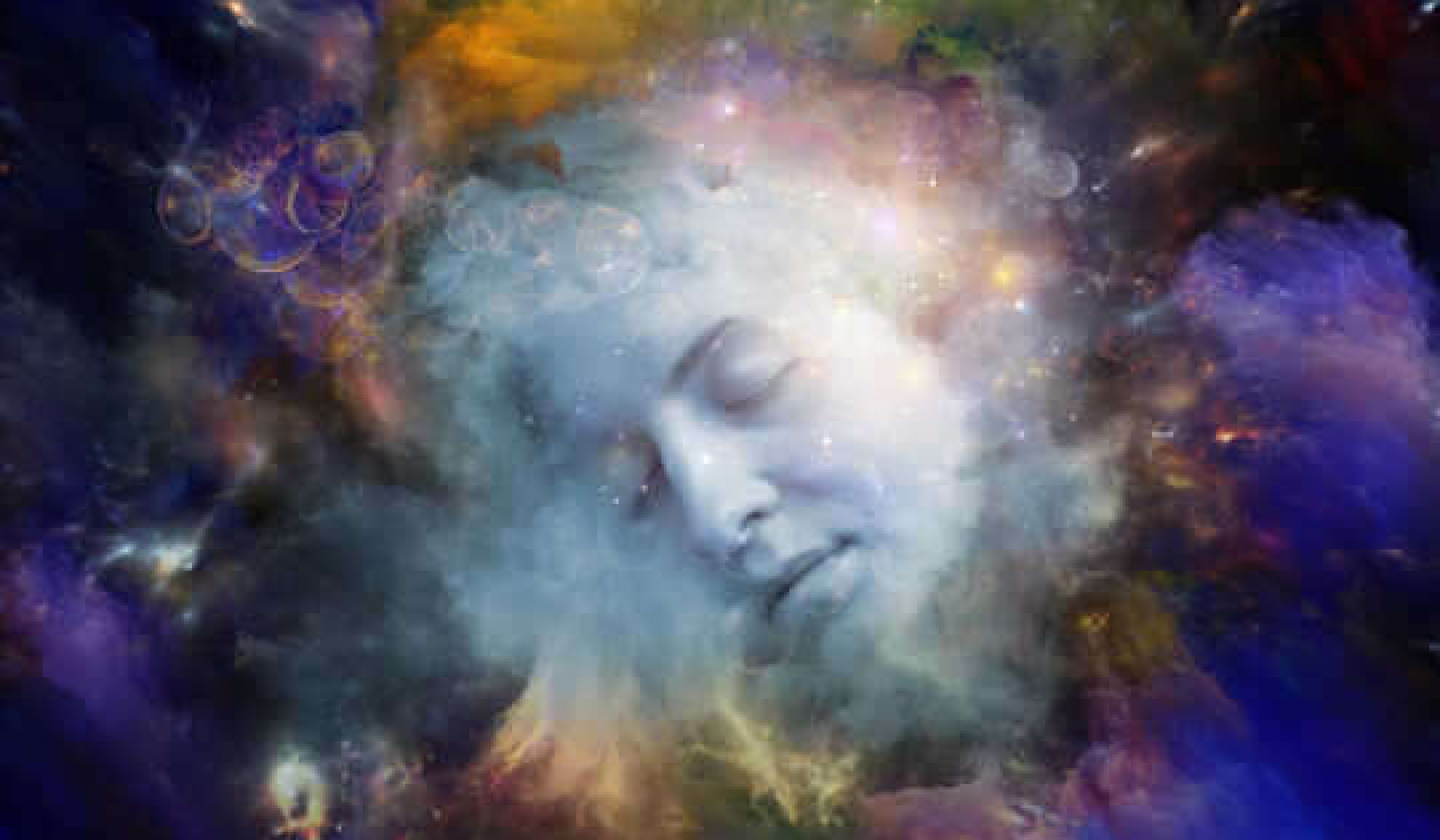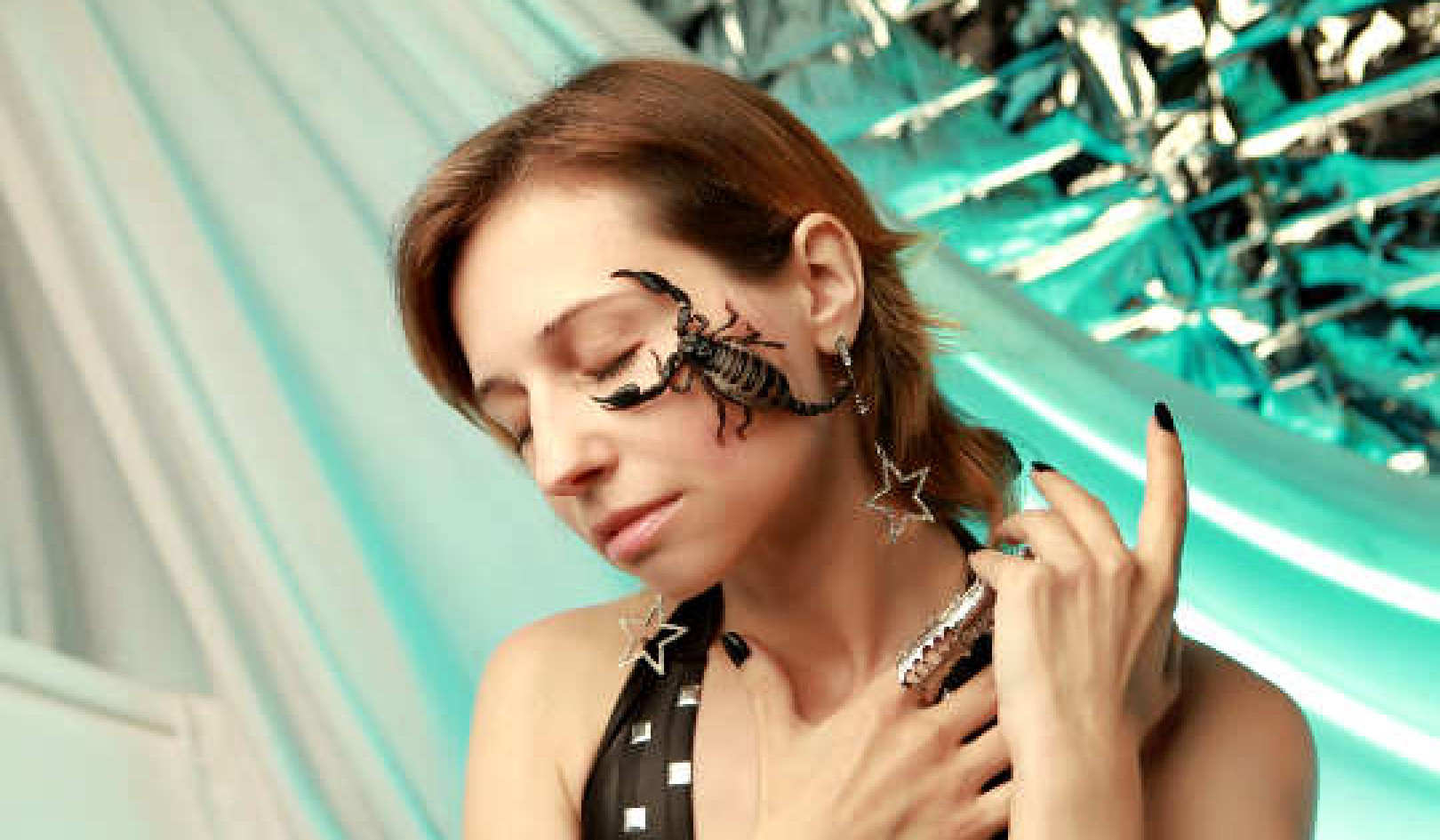
Since unexpected misfortune, as well as luck, seems to be sewn into the fabric of life, we might as well relax and keep on breathing. Life is imperfect, however much we pretend otherwise. It doesn’t always live up to our expectations. But then, we are imperfect, and our family and friends are imperfect, and we and they don’t always live up to our expectations, either. No one is in charge of how life turns out.
But it’s not easy to relax when we imagine that the world has it in for us when things don’t go the way we want or expect, when we think that there must be something wrong with us, that we must have been born under an unlucky star to have deserved the trouble we find ourselves in.
It’s not easy when we take life personally, and most of us do, most of the time. But it’s not personal; it really isn’t. We’re not that important. The world existed before we came here and will likely continue after we have disappeared.
Life Just Works Out The Way It Does
Nobody knows why the pot falls from the shelf or the sink clogs up just as our dinner guests are knocking at the door. We never really know why our friend or lover shouts at us, disappears, or is suddenly filled with undying love for us. They don’t even know! It’s always a good idea to listen to Rilke, who wrote: “Let life happen to you. Believe me: life is in the right, always.”
Jack Kornfield put it this way:
One day Ajahn Chah held up a beautiful Chinese teacup. “To me this cup is already broken. Because I know its fate, I can enjoy it fully here and now. And when it’s gone, it’s gone.” When we understand the truth of uncertainty and relax, we become free.
The broken cup helps us see beyond our illusion of control. When we commit ourselves to raising a child, building a business, creating a work of art, or righting an injustice, some measure of failure as well as success will be ours. This is a fierce teaching.
If we focus only on the results, we will be devastated. But if we know the cup is broken, we can give our best to the process, create what we can, and trust the larger process of life itself. We can plan, care for, tend, and respond. But we cannot control. Instead we take a breath, and open to what is unfolding, where we are. This is a profound shift, from holding on, to letting go.
Everything and everyone in our lives, including ourselves, is already going the way of that broken teacup. Day by day tiny specks of us float away. Nothing can dispel the reality that we are not built to last. Death is our ultimate limitation, the final proof that perfection was never meant to be part of the human experience. Sooner or later we will not be here: no eyes, no nose, no ears, no tongue, no mind, no you or me — gone, and who knows where?
There Is Nothing Inherently Wrong With Us
The fantasy of control, of the effectiveness of our decisions, is at the heart of Western culture. The struggle to take charge of our life and improve both ourselves and our condition is part of the mythos of American society.
All this effort is laudable and worthy. It feels good to be at the helm of our life. The rub comes when, often without knowing it, we turn our lives into a project with the assumption that something is inherently wrong with us and that with enough determination and focus we can fix it.
The ultimate perfection fantasy is a spiritual one: with enough meditation or spiritual practice we can fly free of all the usual human imperfections, dissolve all our attachments, and reach enlightenment, whatever that means. The Tibetan trickster teacher Chögyam Trungpa called this “spiritual materialism.” And the trouble with this approach is that the one doing the trying is the same one who needs to step out of the way in the first place.
The Christian West, with its concept of original sin, is founded on the idea that something is inherently wrong with us. We had to have someone die in order to save us from our sins. We have been reaping the consequences of that belief in a thousand different ways ever since. Essentially, we labor under the assumption that something is not well with the world and with ourselves — and that it’s our fault! So of course we have to strive to make ourselves worthy, to make ourselves spiritual and whole.
How To Deal with "Imperfections"
Yet there is another view, common in the Zen and Taoist traditions, that insists we are already perfect exactly as we are — blemishes and all. In ancient China holy rascals like Lao-tzu and Chuang-tzu (a follower of Lao-tzu) assured us that everything is already as it needs to be. In The Second Book of the Tao, Chuang-tzu wrote,
Let go of all your assumptions
And the world will make perfect sense.
We are perfect as we are when we can acknowledge that our imperfections, whatever they may be, are part of the larger picture of who we are. But it’s not just a matter of sitting back and saying, after some outburst or reaction, Well, that’s just how I am. I was made that way and it’s perfect just as it is.
What Lao-tzu and friends meant by perfection is that whatever arises in our life, from within or from without, is arising. It’s happening, and therefore has to happen — because it just did! That is why even our obscurations and blind spots are perfect — they have appeared, like it or not. When something appears in our consciousness, we have three choices:
1. closed mind: Ignore it.
2. lost mind: Identify with the thought and the feeling and respond as if it were true.
3. open mind: Experience the thought and feeling without judgment or fear, and know it for what it is, a narrative imposed on reality and not the truth about reality.
I for one can still be upended by a thought or a feeling that will dog me for hours, snapping at my heels, insisting I not only listen to it but acknowledge the truth it is trying to convince me of.
It is our limitations that make each of us human and the unique individuals that we are. Being limited and imperfect, we can count on making mistakes. However cautious and responsible we are, we are still bound to err. We take the wrong job, we choose the wrong partner, we bet on the wrong horse, we buy when we should have sold, we have one drink too many. However self-aware we may be, we will say something out of turn, cut someone off, assert our position in order to claim privilege.
Practicing Deep Acceptance
Instead of trying to control our experience, judging it as good or bad, spiritual or base, life calls us to accept it as our present-moment reality — not pushing it away, giving in to it, or getting lost in it, but exploring it by surrendering to the truth of our experience.
Speaking of his Zen practice, Barry Magid, teacher and author of Ending the Pursuit of Happiness, shares a rare insight that you don’t often find in spiritual circles:
There is this element of just surrendering to the moment that’s built into the form and discipline of practice. That can make a big difference in our lives. But that takes you only so far, and then we have to go onto a next stage in which we bring back into our practice a deep acceptance of our own needs, desires, and vulnerabilities. We no longer think that practice in some way is going to extirpate them from our lives. This is particularly tricky, because we often see — or have been taught — that these feelings are the source of our unhappiness. There are too many people who try to use practice as a way to diminish their vulnerabilities, their need for others, and their desire for moral support and security. These things are sometimes dismissed as attachments, and there’s an unconscious ideal of self-sufficiency or autonomy in a lot of practices. Even though we’re told about interdependence all the time, it’s rarely described as emotional interdependence.
I realized that what I really needed was self-cherishing — the kind Barry Magid describes — the kind that means deep acceptance of my vulnerabilities, without trying to sidestep them either with some form of rationalization or with an attempt to obscure them with a more pleasant and spacious experience.
It’s so simple, really: it means being kind to ourselves. Being willing to accept whatever appears without judgment is to extend loving-kindness to ourselves in our imperfections, in our vulnerability, in our early childhood responses to current situations.
Surrendering to Who We Are
Sometimes surrender happens by grace, for no reason. The veils fall away from our eyes and we stand, blinking, in a new dawn. More often surrender follows a difficult struggle, one that can even be a matter of life or death. It might be a struggle in everyday life or a spiritual struggle, a desperate desire to find union with God that ends in despair or hopelessness. It might be a psychological struggle.
We feel more alive when we finally come home to who we are in our entirety — not to some manicured and spiritualized image but to who we are as we show up, moment by moment. Here we sense a silent, aware space that allows all our experiences to pass through it like so many weather systems.
That deep acceptance — not a grudging acceptance but a celebration — of who we are arises not from the ego itself but from that spacious awareness. Knowing this is the cure for spiritual homesickness. It is when we begin to realize that what we have been hankering for has been there all along.
©2016 by Roger Housden. Used with permission of
New World Library, Novato, CA. www.newworldlibrary.com
Article Source
 Dropping the Struggle: Seven Ways to Love the Life You Have
Dropping the Struggle: Seven Ways to Love the Life You Have
by Roger Housden.
Click here for more info and/or to order this book.
About the Author
 Roger Housden is the author of over twenty books, including the bestselling Ten Poems series. His writing has been featured in many publications, including the New York Times, the Los Angeles Times, and O: The Oprah Magazine. A native of England, he lives in Marin County, California, and teaches around the world. Visit his website at rogerhousden.com
Roger Housden is the author of over twenty books, including the bestselling Ten Poems series. His writing has been featured in many publications, including the New York Times, the Los Angeles Times, and O: The Oprah Magazine. A native of England, he lives in Marin County, California, and teaches around the world. Visit his website at rogerhousden.com





























